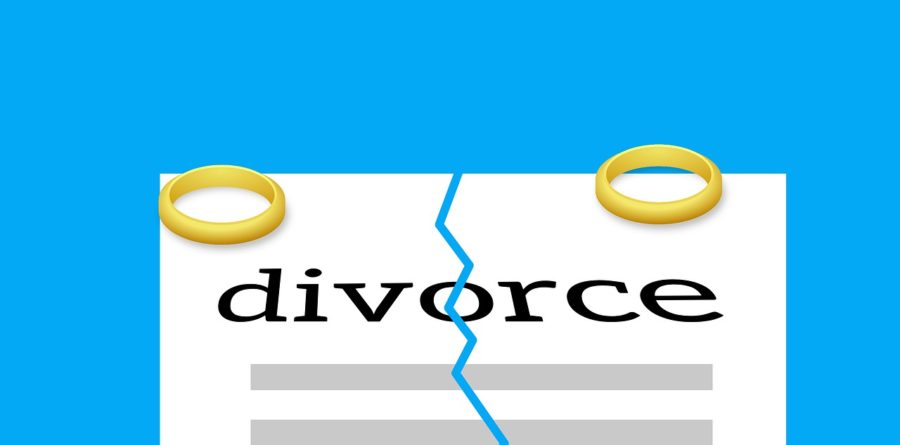What happens to your home in the event of a divorce or breakup?
16/10/2019 - Attwells Solicitors

If you and your partner have taken the decision to divorce or break up, then one of the big decisions you’ll have to make is what happens to your home. Aside from the emotional factors involved during this difficult time, the reality is that the home you’ve shared is also most likely the biggest asset you both possess. So how exactly do you divide a house fairly and equally, especially if one of you wants to remain living there? Here, Attwell Solicitors explains what your next steps are…
Valuing your property
Whatever next steps you take, it’s vital you first get a valuation on your home. Even if you can’t agree on how to do this, the courts will get a valuation for you. This will typically be for what the surveyor or estate agent believes the property will sell for, rather than a suggested asking price.
Registered ownership
If you’re married or in a civil relationship, it’s important to remember that no matter who is registered as the owner of the house, be it both of you, or just one of you, it is still considered the marital home. This means both parties of you are entitled to a share of the equity from the property during the divorce proceedings.
If you’re unmarried, then there are laws in place to give you rights to a share of the property. For instance, even if you’re not on the land registry for your home, you may be able to claim a share of the value if you can establish a ‘beneficial interest’ in the property. For example, by showing that you’ve contributed to the mortgage, or have spent money on improvements or extensions.
Establishing your assets
When a divorce is drawn up, everything you own together is inventoried and given a valuation, to establish how it can be split fairly. In general, this is 50:50, though this depends on many complex factors. And while it’s comparatively easy to split your CD collection, you simply can’t do that with a property. Which leaves you a few options:
- Sell the home and both move on. Doing this means the proceeds of the sale are then divided between both parties, allowing them to use the money to start their new lives.
- One partner buys the other out. Sometimes, especially when children are involved, it makes more sense for one party to remain in the house. However, this depends on the assets available. For instance, the partner who wishes to stay may struggle to raise the money to give the departing partner a lump sum. In this circumstance, some couples agree to defer receiving these funds until the property is sold, perhaps when the children move out, or when a partner remarries. However, this kind of agreement can sometimes make it difficult for the person who has moved out to get another mortgage down the line.
Whilst the process of separating from a long-term partner can be a stressful and upsetting time in your life, our conveyancing team will play a part in helping you move on by ensuring your next property purchase is as painless and straightforward as possible. Starting with a guaranteed no hidden fee quote from our instant online conveyancing calculator, we’ll work diligently to ensure your transaction is completed as quickly as possible.
For more information on Attwell Solicitors, you can visit their website here
All articles on this news site are submitted by registered contributors of EssexWire. Find out how to subscribe and submit your stories here »



